Chris Mitchell’s memoir of his life as a News Ltd journalist, then as editor, first of Brisbane’s Courier Mail and then as editor in chief of the Australian from 2002-2015, is justifiably named. Yet it might better have been called Making Waves, for the author has done precisely that. Unfortunately, for a book that should be on the required reading lists of every journalism and political science curriculum in the country, the waves which roll in begin as rippling gossip about embarrassing encounters with five former Australian Prime Ministers: from John Howard to Tony Abbott.
The insights into Prime Ministerial obsessions and overtures can be valuable, but do we really need to know of Tony Abbott’s dinner party performance as he impersonated Julia Gillard’s backside?
And perhaps Mitchell’s dinner with the conspiratorial Kevin Rudd in a Sydney hotel steam room might have been more interesting if Kevin had entered wearing only a towel, turned the steam on and then, of the manner of at least two other PMs, discarded the towel.
Having expressed reservations about the trivia, it is true that it makes the book more enjoyable, but in a vicarious sense; although it begs the question as to whether or not any future Australian PMs will ever again confide in an editor, however close and personal they might happen to be.
For personal confidences lie in the wake of Making Headlines. Nothing is too painful to recall in print.
But the real strength of this highly readable memoir is consistently to be found in the closeness of the relationships which existed between Mitchell, as a senior media figure and the political class, particularly between the editor in chief of the Oz and his fellow Queenslander, Kevin Michael Rudd.
In one truly remarkable tale, Mitchell recounts a telephone call from Rudd:
‘Later, in November, Rudd rang me from the Great Wall of China. He said he was standing there with Kim Carr and Simon Crean. He asked me whether I would consider doing him a favour. He wanted me to commission a Newspoll to find out which team would do better against Howard and Costello: him as leader with Gillard as deputy or Kim Beazley and Jenny Macklin.’
After initial hesitation, the poll is commissioned and published, showing the Rudd/Gillard ticket the stronger. Kim Beazley, the original ‘Honourable Warrior’, falls, even though Mitchell concedes he could have beaten John Howard. Elsewhere, he describes Beazley as the greatest PM Australia never had, which is the place occupied in British politics by Denis Healey.
Small comfort for Beazley. And perhaps we might ask whether or not Alan Reid’s oft quoted but mostly ignored dictum that journalists should not ‘get in the cage with the animals (politicians)’, is still relevant or valid.
The Oz backed Rudd in 2007. Regrets follow, and as tensions mount between the Labor Government and the national broadsheet, Mitchell’s conclusion is scathing:
‘Rudd is shameless like no other politician I have met. Shamelessness is a quality modern politicians need. Think Peter Costello dancing the Macarena with Kerri-Anne Kennerley or Bill Shorten trotting out his whole family at state Labor conferences at weekends. Rudd has shamelessness in spades.’
Lest anyone think Mitchell is driven by ideological fervour in his judgements, the account of PM Paul Keating at a Lord Mayoral lunch in Brisbane with Jim Soorley and Mitchell is very entertaining. Having confronted the rich analysis in Keating’s rapier assessments of those around the table myself, Mitchell is absolutely right in saying that had more Australians experienced his wit, his standing electorally would have been very different.
On the conservative side of the aisle, both John Howard and Tony Abbott, who wrote for the Oz over the years, receive both praise and the pillory. Abbott and his Chief of Staff, Peta Credlin, were particularly critical of Niki Savva, one of the paper’s senior columnists. Tensions again arise between Government and Fourth Estate.
Mitchell records the contrast between ‘polite Tory’ and the ‘pigheaded blindness’ of the former PM, exiled to the backbench, though Mitchell notes that Abbott was courteous to him in defeat.
‘He wrote to thank me for the positive mention again the day after the spill and yet again for a long editorial on Saturday, 26 September. “Thanks for today’s judicious editorial. Obviously I don’t agree with the criticism of last year’s budget, which was precisely what reform advocates were calling for. Still you were generous about the overall record. Cheers, Tony.” This was polite Tony’.
The most illuminating part of Making Headlines is to be found in Mitchell’s musings about the future of journalism and the media. Having clashed with Kim Williams as News Ltd CEO on the speed of digital transformation in the industry, Mitchell’s argument about the foundation stones of successful media companies being found in excellent journalism appealing to premium markets is undeniable. And the continuing relevance of print media is argued effectively. The Spectator Australia (and UK), along with publications ranging from the Economist to the Financial Times, put this argument beyond doubt. Quality content, protected by pay walls works.
Mitchell credits Rupert Murdoch with understanding this reality earlier than most publishers. Indeed, Mitchell’s chapter on K. R. Murdoch is among his most engaging and thoughtful. Making Headlines is very different from most books written by some former Murdoch executives, given over to equal parts sourness and self-justification. Mitchell clearly enjoyed his time at News Ltd and continues to do so.
It was an unlikely start, where the young Mitchell eschews a career in dentistry for the craft of journalism.
His hard-working mother is an inspiration and Mitchell learned early the value of hard work and a dollar in his pocket. This clearly shaped the editor’s views, especially his perspective on the economy.
Mitchell’s tenure at the Oz was marked by three particularly impressive elements in its reporting of the inland; its investigations, including Clive Palmer, the AWB and the AWU and its superb coverage of Indigenous affairs, which earned the book Noel Pearson’s generous endorsement.
The endorsement is earned. Mitchell has written a frank memoir which sheds real light on both Australian media and politics. Indiscretions aside, the conclusions on the role and future of our media and the strengths and weaknesses of our political class are well worth noting and absorbing. This book deserves to be read. It is persuasive.
The post Up Close and Personal appeared first on The Spectator.
Got something to add? Join the discussion and comment below.
Get 10 issues for just $10
Subscribe to The Spectator Australia today for the next 10 magazine issues, plus full online access, for just $10.
You might disagree with half of it, but you’ll enjoy reading all of it. Try your first month for free, then just $2 a week for the remainder of your first year.

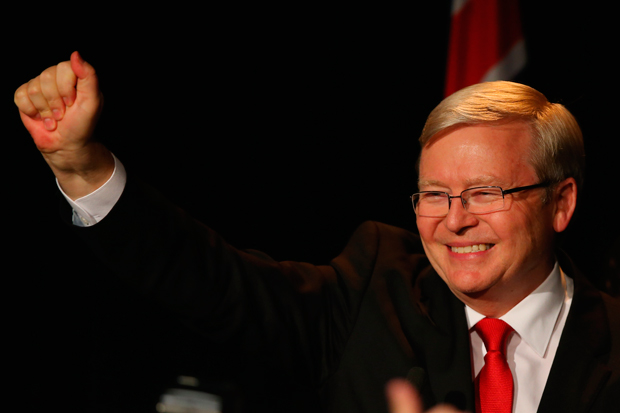
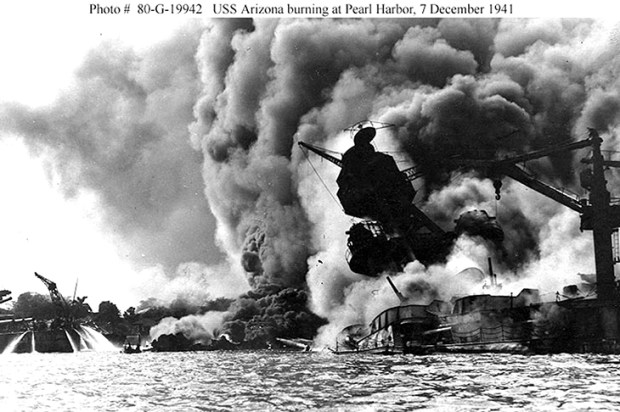
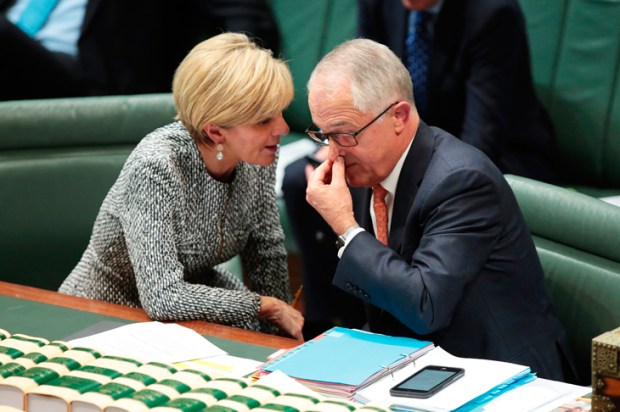
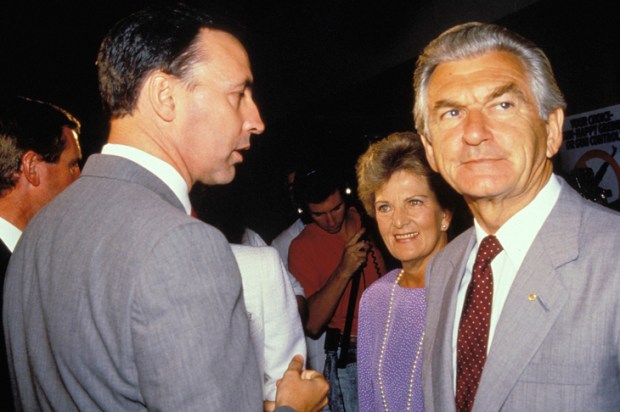
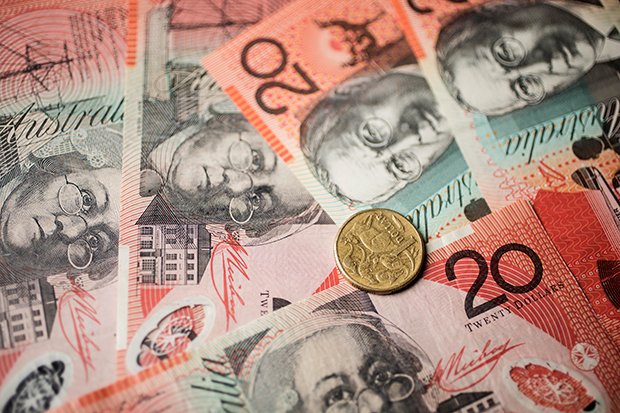







Comments
Don't miss out
Join the conversation with other Spectator Australia readers. Subscribe to leave a comment.
SUBSCRIBEAlready a subscriber? Log in